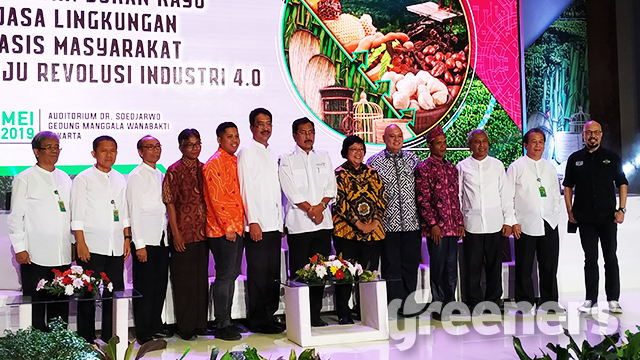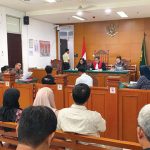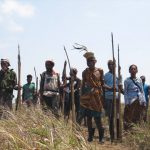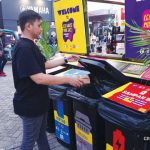Jakarta (Greeners) – Ministry of Environment and Forestry encourages multi-business development for non-timber forest products and environmental service as the new backbone of Indonesia’s economy.
Siti Nurbaya, Minister of Environment and Forestry, said that non-timber forest products becomes the appeal for economic growth in villages as it contains intense labor and creative industries. The products comprise of pine sap, rubber sap, frankincense, agarwood, resin, honey, rattan, sago, among others.
READ ALSO: SVLK Boosts Indonesia’s Wood Export to 10.94 Billion Dollar
Furthermore, Minister Siti said that the resources can be managed in all of forest areas, such as protected forest, production forests and conservation forest areas, but not in nature reserves, jungle zone, and core zone of national parks.
“Lets make non-timber forest products to be one of national development capital and provincial development capital. Lets ensure that raw materials of the products are sustainable, either in quality, quantity and continuity, also for the product centers to make it easy for investors to invest,” she said in Jakarta on Friday (10/05/2019).
READ ALSO: President Jokowi Handed Over Social Forestry Decrees to Groups in West Java
In addition, the ministry also encourages environmental service on production forests, especially natural tourism. To speed up its implementation, the ministry issued the 2016 ministerial regulation in natural tourism environmental service on production forest guidance.
Currently, permits issued for environmental service in production forest are seven units with a total of 3,530 hectares in Riau islands, Bangka Belitung islands, and West Nusa Tenggara.
Nurdin Basirun, Governor of Riau islands, said that the islands are in the crossroad of concentrated service trade.
Based on Vessel Traffic System, there are 80,000 to 90,000 vessels crossing Malacca strait in a year.
Meanwhile, a study by National University of Singapore in 2007 recorded US$2,739,726,017 worth of items transferred through Malacca strait.
Riau islands are also promising in tourism for its easy and strategic access. Nevertheless, Basirun said that the islands will preserve environmental service management to be sustainable by selective issuing the permits.
“We are pushing for environmental service not to damage environment by involving local people as main entrepreneurs,” he said.
Reports by Dewi Purningsih



















































